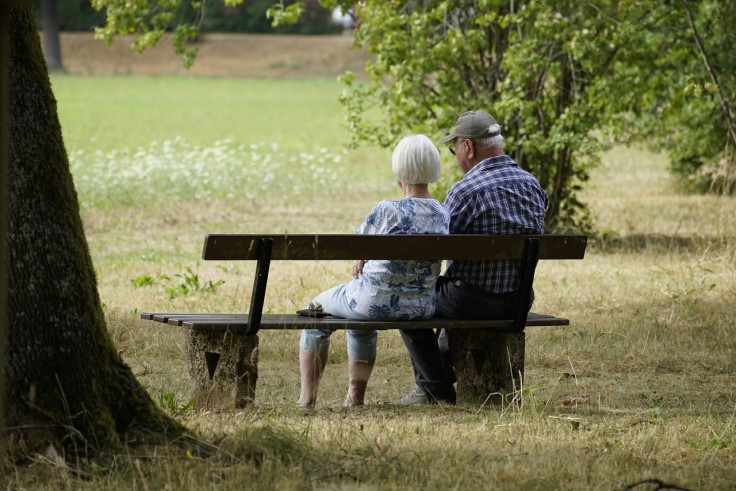Australian Government Unveils AU$5.6 Billion Aged Care Reform To Support Elderly Living At Home

The Australian government has announced a AU$5.6 billion reform package toward aged care designed to enhance the quality standards and improve the sector.
Following a significant deal with the opposition, the Labor government's reform package was expected to help the elderly remain in their homes for a longer period, besides enhancing the quality of aged care facilities. The package included nursing, occupational therapy and day-to-day tasks such as cleaning, showering and shopping.
It also comprised a new homecare called Support at Home, which would be effective from next July. Support at Home was aimed at helping 1.4 million elderly Australians live independently in their own houses, before having to move to aged care homes, AAP reported.
The government would cover all the clinical care costs, while people would pay based on their income for everyday living services.
Full pensioners will pay 5% of their daily living support costs and 17.5% of their everyday living expenses. Self-funded retirees will pay 80% of their everyday living costs and half of their costs for maintaining independence, as per ABC report.
A lifetime cap of AU$130,000 would be imposed on non-clinical care costs, and those in the Support at Home program could receive up to AU$25,000 to spend their last three months at home instead of in a hospital.
Prime Minister Anthony Albanese called it the largest reform package announced in 30 years.
"This is about caring for the generation that cared for us," Albanese said. "We will deliver historic aged care reforms to ensure the viability and quality of our aged care system and support the growing number of older Australians choosing to retain their independence and remain in their homes as they age."
The new entrants to residential aged care would have to pay more if they have more than AU$238,000 in assets, AU$95,400 in annual income or a combination of the two, though the treatment of the family home will remain unchanged.
Under the reforms, 30% of the new entrants receiving a full pension and 70% receiving a part pension would need to contribute more, with fees aimed at those under higher-income.
The reform package also included implementing legislation to protect the rights of the elderly and setting up a regulator with investigative powers.
Aged Care Minister Anika Wells said the scheme would support 300,000 Australians to receive care in their home.
"Our reforms will create better and safer care, [and] help reduce the fear of a system that has been neglected for far too long," Wells said.
The package is expected to slow down the rising government spending for aged care from 5.7% annually to 5.2%; and save up to AU$12.6 billion over the next 11 years for the government.
The federal government would remain the primary funder of the scheme, contributing AU$3.30 for AU$1 contributed by residential care recipients and AU$7.80 for AU$1 contributed by home care recipients.
The number of Australians above 65 was expected to double and those above 85 to triple in the next 40 years.
© Copyright 2026 IBTimes AU. All rights reserved.





















